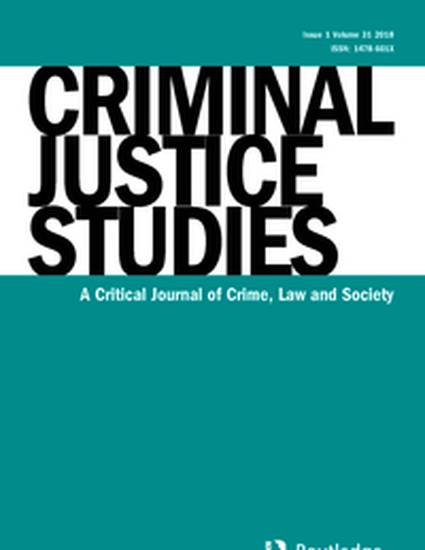
This paper examines the separate but overlapping constructs of psychopathy, sociopathy, and antisocial personality disorder from evolutionary, genetic, neurological, and sociological perspectives. Evidence indicates that psychopaths are a stable proportion of any population, can be from any segment of society, may constitute a distinct taxonomical class forged by frequency‐dependent natural selection, and that the muting of the social emotions is the proximate mechanism that enables psychopaths to pursue their self‐centered goals without felling the pangs of guilt. Sociopaths are more the products of adverse environmental experiences that affect autonomic nervous system and neurological development that may lead to physiological responses similar to those of psychopaths. Antisocial personality disorder is a legal/clinical label that may be applied to both psychopaths and sociopaths.
Available at: http://works.bepress.com/anthony_walsh/58/
